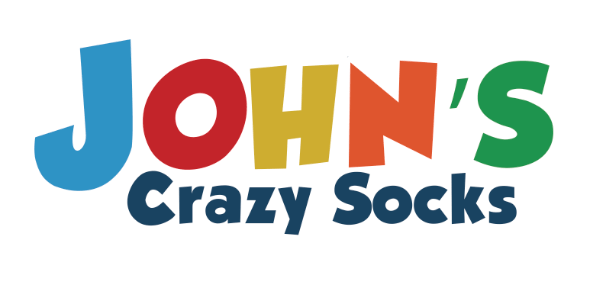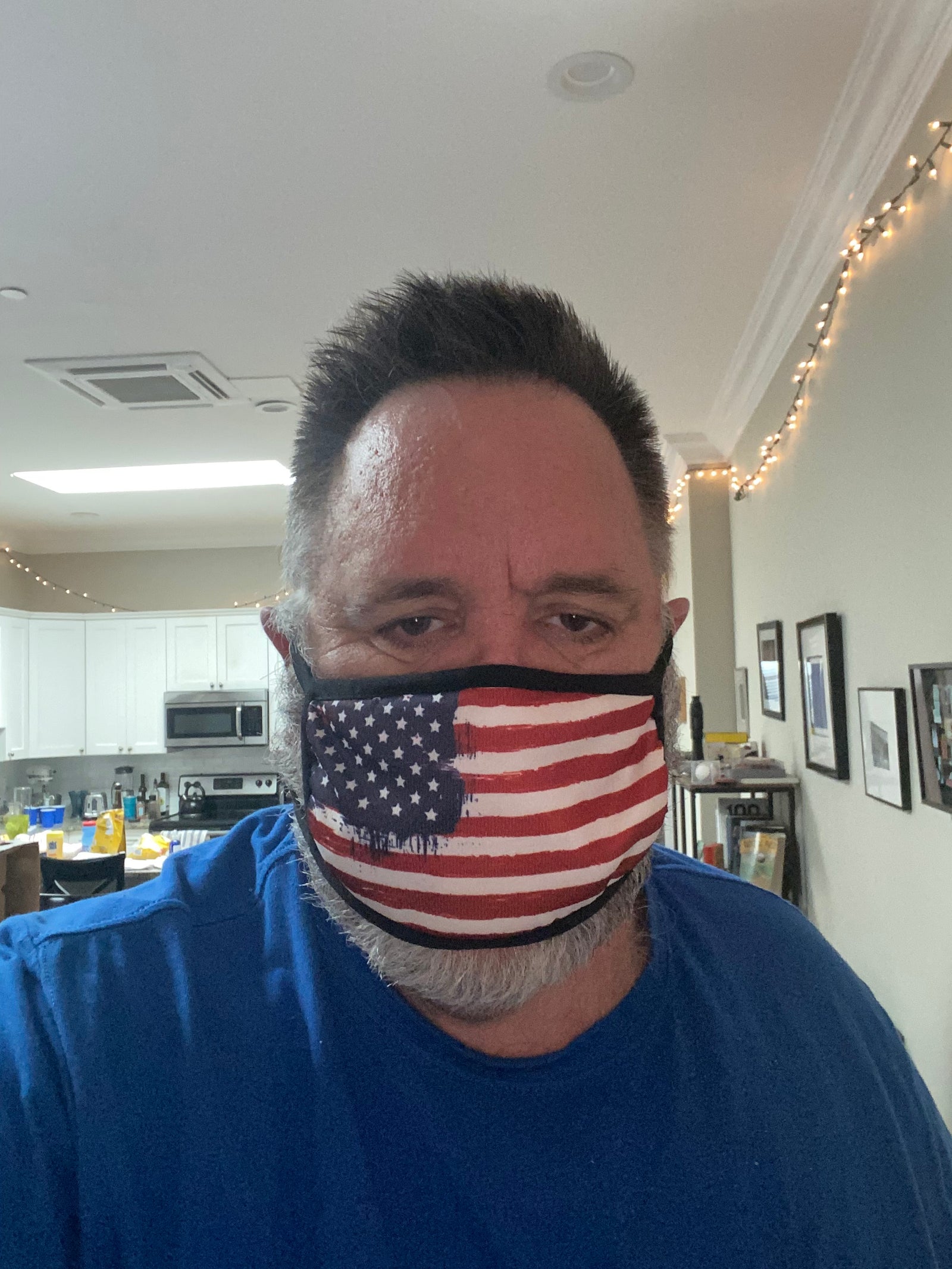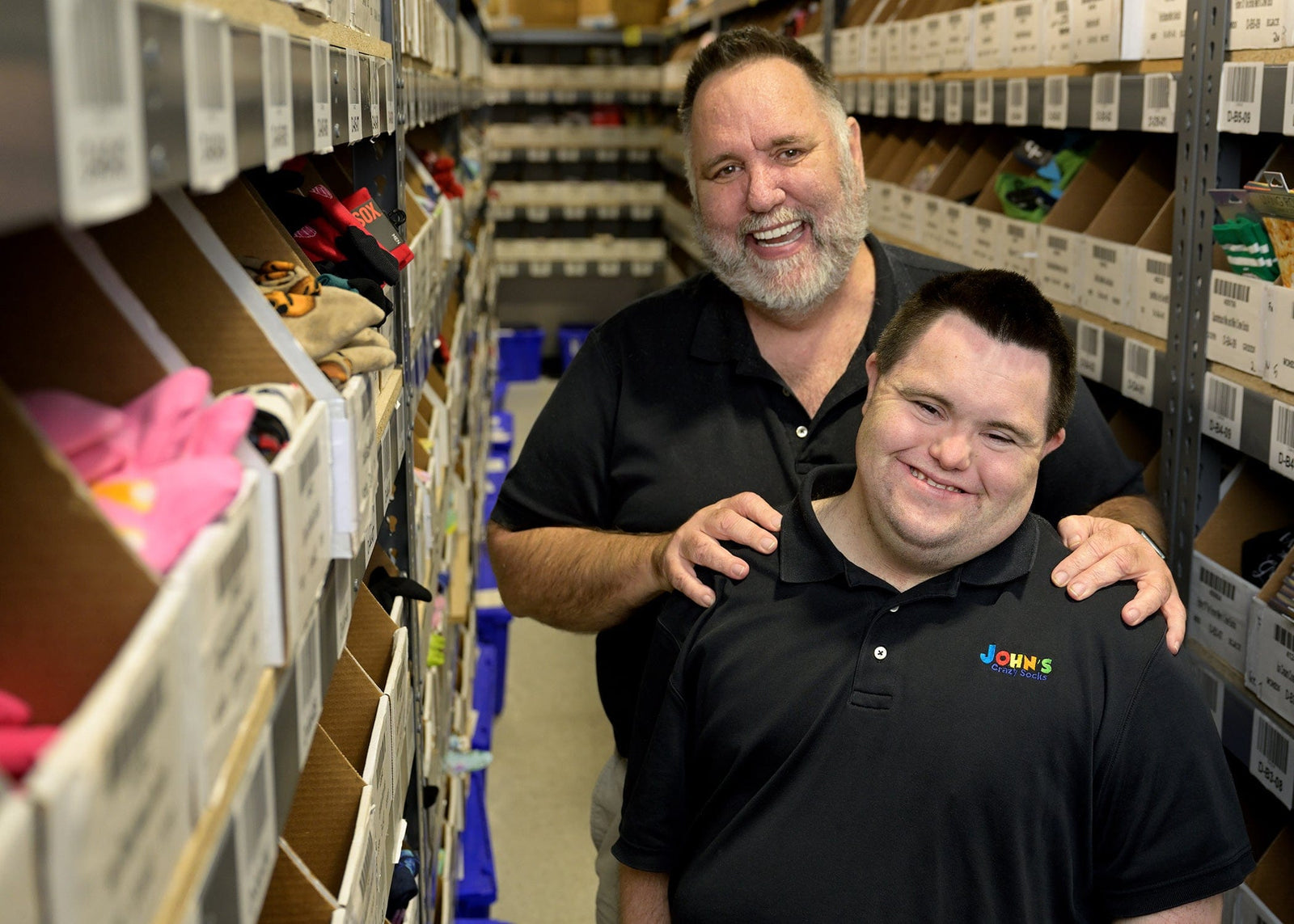To wear a mask or not, that has become a key personal decision in the U.S. For a father, be it a father of young children or fully grown adults, that simple question takes on additional meaning. Consider this moment: on my walk around our town this morning, I passed a father and his teenage son. The father opted not to wear a mask. Without me saying a word, you already know what the son did.
All parents can admit: our words do matter, but our actions matter more. Our young children mimic us, and we can see the echoes of our choices and actions in our adult children. Do not get me wrong, our children will forge their own paths, they will ignore or reject some values we hold close. I am not a copy of my father. but that does not remove my obligation as a father to chart a path for my children to see. I can point out the many differences with my own Dad, but the imprint he left on me is indelible and keeps blossoming even though I just turned 62 years old. What a father does matters to his sons. The decision to wear a mask carries important reverberations for every father.
As a father, I am just a man, no better than others, and no worse. Just like all men, I have to figure out how to lead my own life in an ever-changing world. But every decision has an additional dimension: how will this affect my sons? What example am I setting for them? What values am I demonstrating? Am I looking out for them? That was true when my boys were young, but it is still true now as they have grown to adulthood and are cutting their own paths.
So how does this father approach wearing a face mask during the time of the COVID-19 pandemic? I am not a scientist, but as an engaged citizen, listening to the health care professionals from the government and leading medical institutions, I know the basic facts about the virus just as you do:
- The COVID-19 virus is both more contagious and more deadly than other viruses or the flu.
- The virus does not strike evenly – those with underlying health conditions are more susceptible to serious damage from the virus. That means the elderly and the frail whom we can see, but it also means the woman next to you with high blood pressure or that man with the diabetes, conditions you cannot see.
- The virus has had a more devastating impact on the poor and on racial minorities, as if the virus mirrors other flaws in our society.
- Wearing a mask makes a difference. Wearing a mask makes it less likely that I will spread the virus and less likely that I will catch the virus.
- The mask is most effective when used as part of an overall approach that includes social distancing and good hygiene (be fanatical about washing hands).
The Centers for Disease Control and every public health official and organization now say wearing a mask reduces the spread of the COVID-19 virus. The Governor of my state, New York, and the governors in most states, have called on citizens to wear a mask. Federal health officials have called on citizens to wear a mask. I wear a mask from the moment I step outside my door in the morning. Here is why:
- I wear a mask because I care for my neighbors and my community. I wear a mask because I do not want to spread the virus. I do not know if I have the virus. I could test negative yesterday and have it today. I can have no symptoms and have the virus. I would never want to inflict an illness on another person, certainly not an illness that can kill. I wear the mask so I do not turn into an accidental killer. I wear the mask for each person I meet, for each person I pass on the street.
- I wear a mask in appreciation of the frontline medical workers who rushed to the aid of my fellow citizens, who held the hands of people dying. The nurses, doctors, medical technicians and staff risked their own lives to save others, worked themselves to tears and exhaustion. The least I can do is where a mask to stop the spread of this virus.
- I wear a mask for my colleagues. My youngest son, John, and I created a business called John’s Crazy Socks. This is a social enterprise that hires people with differing abilities so more than half our colleagues have a disability. While all our co-workers are currently healthy, many are prone to respiratory illnesses or have immune deficiencies. Everyone wears a mask at work. I owe it to my colleagues to wear a mask so I can protect them.
- I wear a mask because it is the right thing to do as a citizen and a patriot. Our government leaders have asked me to do so for the benefit of my community, for the benefit of my country. Some bristle at directions from the government. I understand their concern: we should not follow blindly. If, after carefully considering the request or the direction, you feel it violates your conscience, then you may need to violate a request or instruction. But where is the conscientious objection here? Where is the pain and suffering caused by wearing a mask? And where is the better world created by not wearing a mask? When I wear a mask, I am not choosing a political party or backing a candidate, I am making clear that I am a citizen of these United States. I am patriotic and I fervently believe in the promise of America. I wear a mask because I know we can pull together for the greater good of our country.
- I wear a mask because I want my sons, my neighbors and community to know I care. Wearing a mask is a potent symbol that I am paying attention and doing what I can. Conversely, not wearing a mask sends the message that I can ignore accepted facts. It says I only think of myself and do not care for others. That is not a message that I want to send to my sons.
- I wear a mask to protect myself because I owe it to my family. I have an obligation to my wife, my sons and the business that I lead. I am an obese man over 60 years of age and that puts me at a higher risk of catching the COVID-19 virus and getting very sick, maybe dying. I have an obligation to others not to get sick, to stay healthy so I can be there for them. Yes, I am working on losing weight, but wearing a mask has an immediate benefit. To not wear a mask would put me a greater risk of getting very sick and dying, to do so would be irresponsible. Do not mistake this intent for selfishness. I will die someday, but I need not be reckless with my life when others depend on me.
- I wear a mask for my three sons. I no longer tell them what to do and each will reach his own decision. I want them to see what I do. I want to set an example that they can follow. Each will make an individual decision, but I want them to see what I believe, I want to be a role model. That’s part of my job as their Dad.
I am a Dad. I want to show my sons the right thing to do. I am a Dad and I wear a mask. It is so easy. I found one that suits my personality and is comfortable. It works for me. How often do we get to do something that is so important, so significant and can make such a difference, yet is so easy to do?
(Full disclosure, our business, John’s Crazy Socks, sells masks that raise money for COVID-19 health care workers.)




